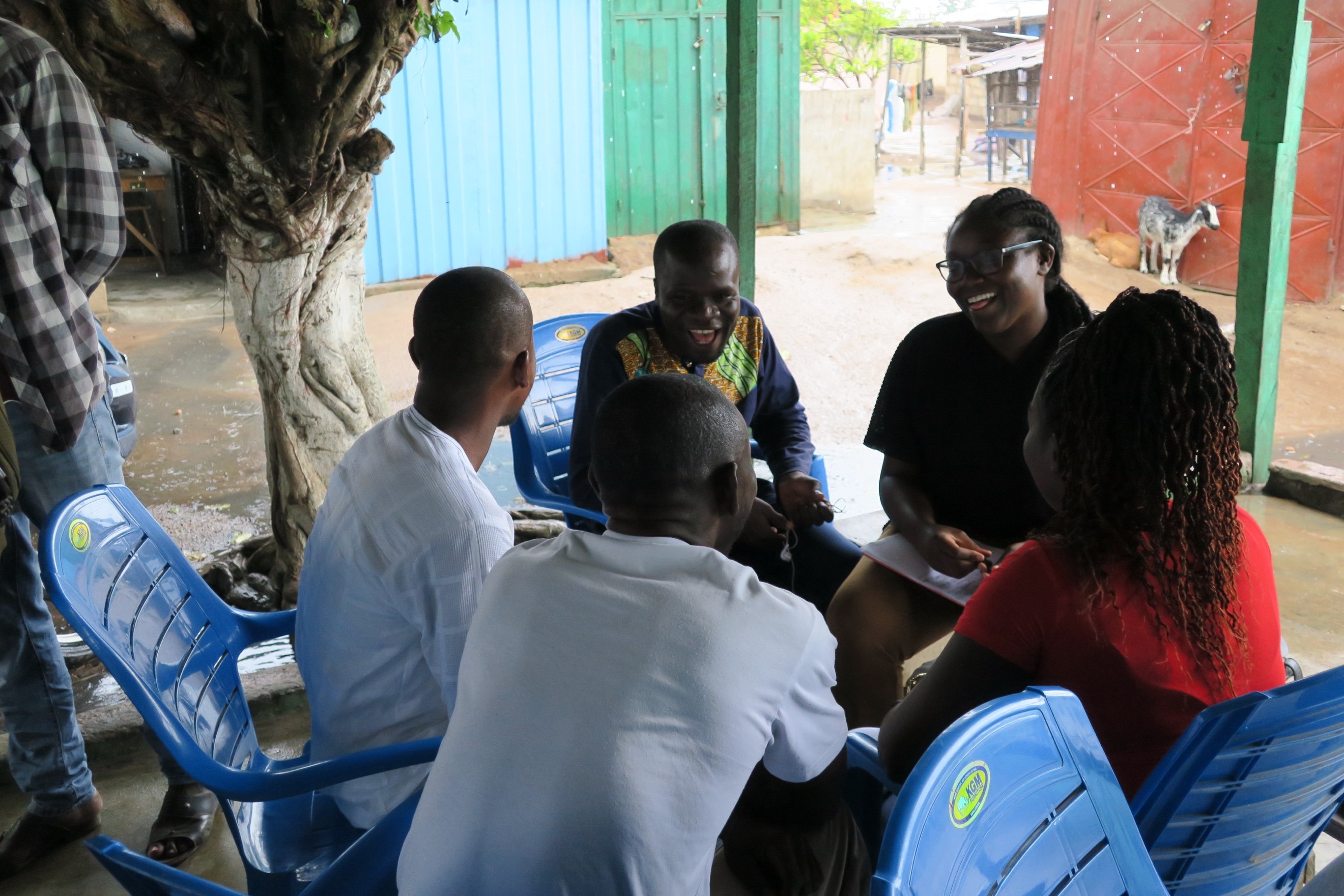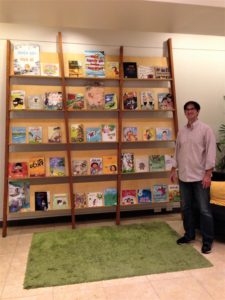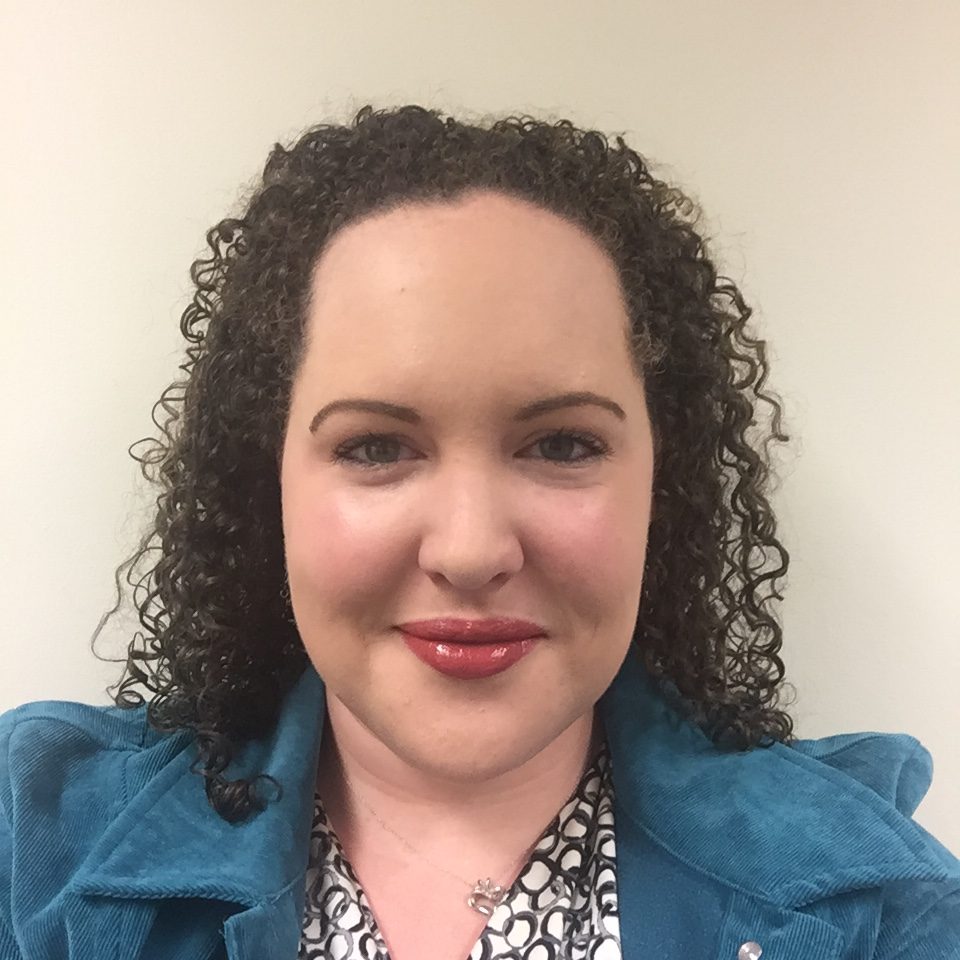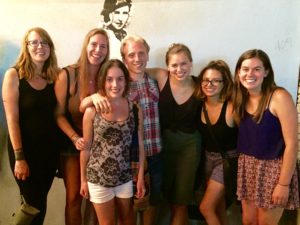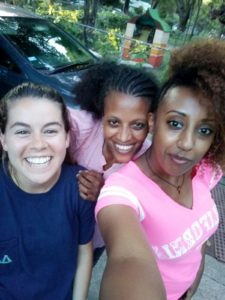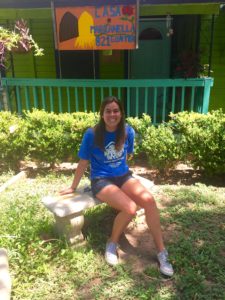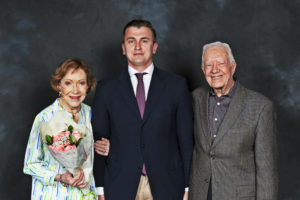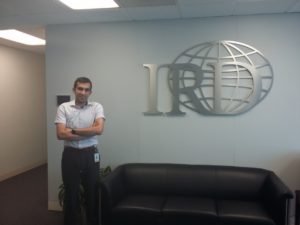Lindzzi Ngati is a joint MPA/MAIR student focusing on international development.
This summer, I had the opportunity to intern with the International Organization for Migration (IOM) in Accra, Ghana through Syracuse Abroad. The IOM is the leading international agency in the field of migration, spearheading programs on brain drain and diaspora engagement, refugee resettlement, counter-trafficking, voluntary return and reintegration, migration health, labor migration, and border management. The organization is committed to the principle that humane and orderly migration benefits migrants and society.
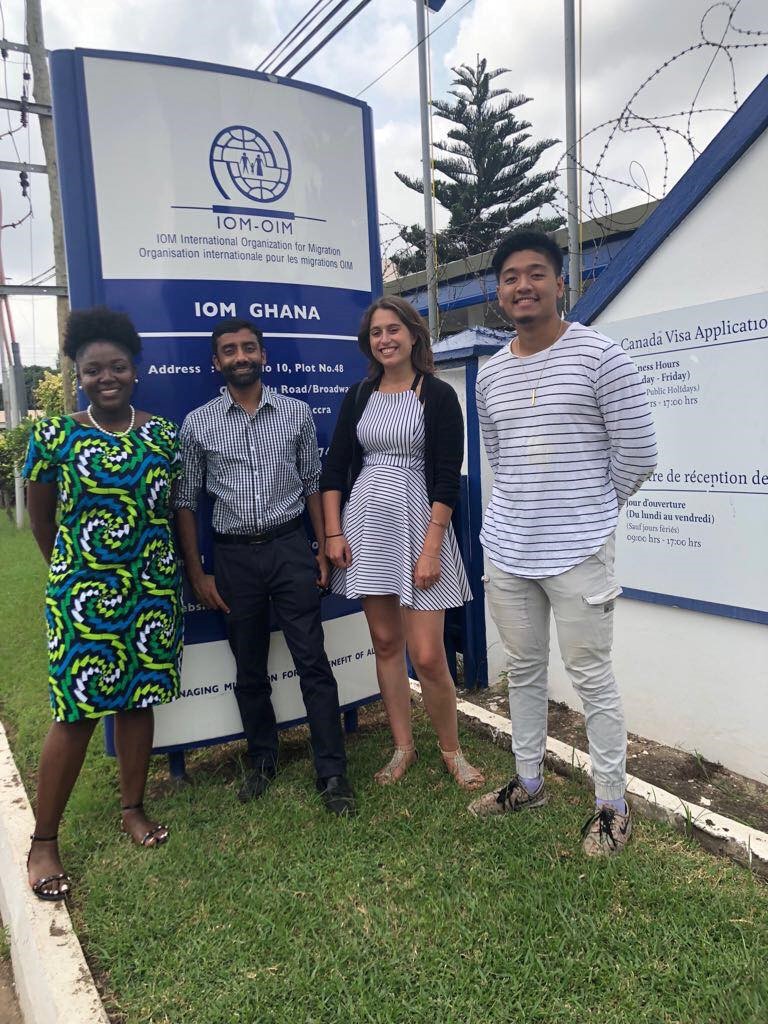
During my internship I was tasked with two major group assignments in the Countertrafficking Unit and Migrant Assistance Unit. Other small assignments included: reporting about the Egyeikrom Refugee Camp, a presentation of the IOMs work to graduate students at the Centre for Migration Studies at the University of Ghana and created two info sheets about the SU/IOM student mobility program. In addition to these assignments, I had the opportunity to support the Migration and Development Project Manager during an African Union meeting and Ghanaian Migration National Stakeholder meeting.
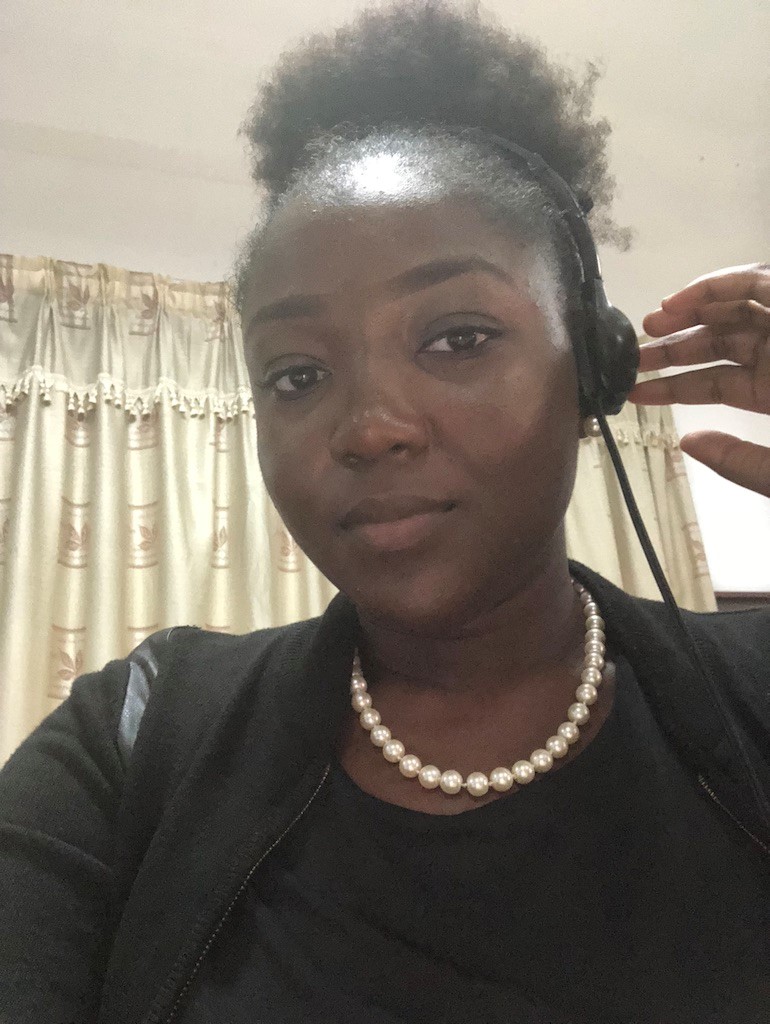
The Countertrafficking Unit tasked the group with collecting visibility material (pictures and videos) that could be used for fundraising. However, to protect the identity of the victims we could not capture their faces. In collecting the visibility material, we shadowed a social worker who was conducting the quarterly meetings with the victims, their families and teachers in the Volta region. At the end of the assignment, we produced 2 short videos and 15 profiles that highlight the achievements and needs of the victims. During this assignment I learned how to use iMovie and used the new skill to create my own personal short video that summarized my experience in Ghana for my final presentation to office staff.
For the second assignment, we conducted focus group discussions throughout various communities in the Greater Accra region. Once the focus group discussions were completed, we analyzed data and produced a report and infographic of our findings. Finally, we presented the report to the Migrant Assistance team. During the focus group discussion, we sensitized community members about the dangers of irregular migration. We also had the chance to have conversations with migrants returning from Libya and Niger. During this assignment I was able to share some of my negative experiences as a Black woman in the U.S. in order to sensitize community members about the social issues they may face in the Western world.
In addition to interning in Accra, I was able to explore other regions of Ghana. I visited Elmina Castle, Kakum National Park, and Fort Victoria in Central region, Fort Metal Cross and Busua in Western region, Mole National Park and Larabanga Mosque in the Northern region.
My time in Ghana has been a very rewarding experience which has provided me with new skills and a renewed mindset. During my last extensive international experience, I lived by the quote: “comfort and growth cannot coexist,” however, during this internship I lived by the quote: “to be effective you have to be evolving” – Daniel Tagoe, Focal Point during Volta trip. This quote is reflective of the lifestyle of an international development practitioner.
